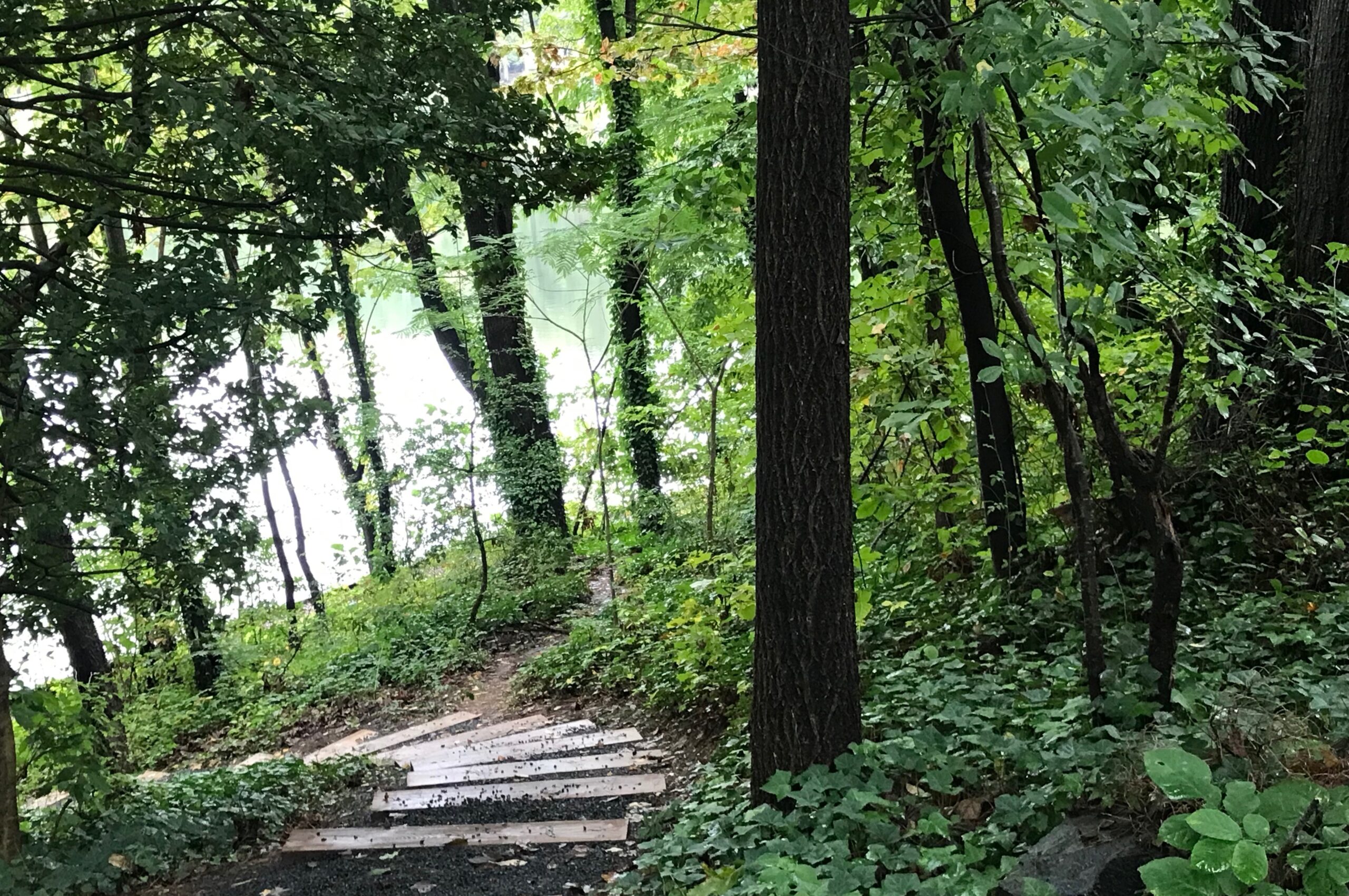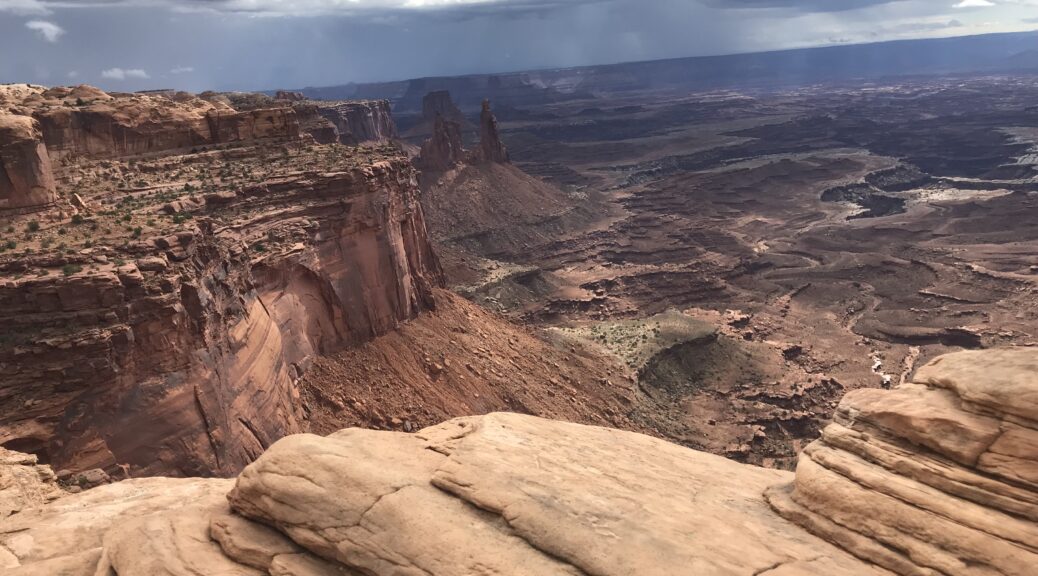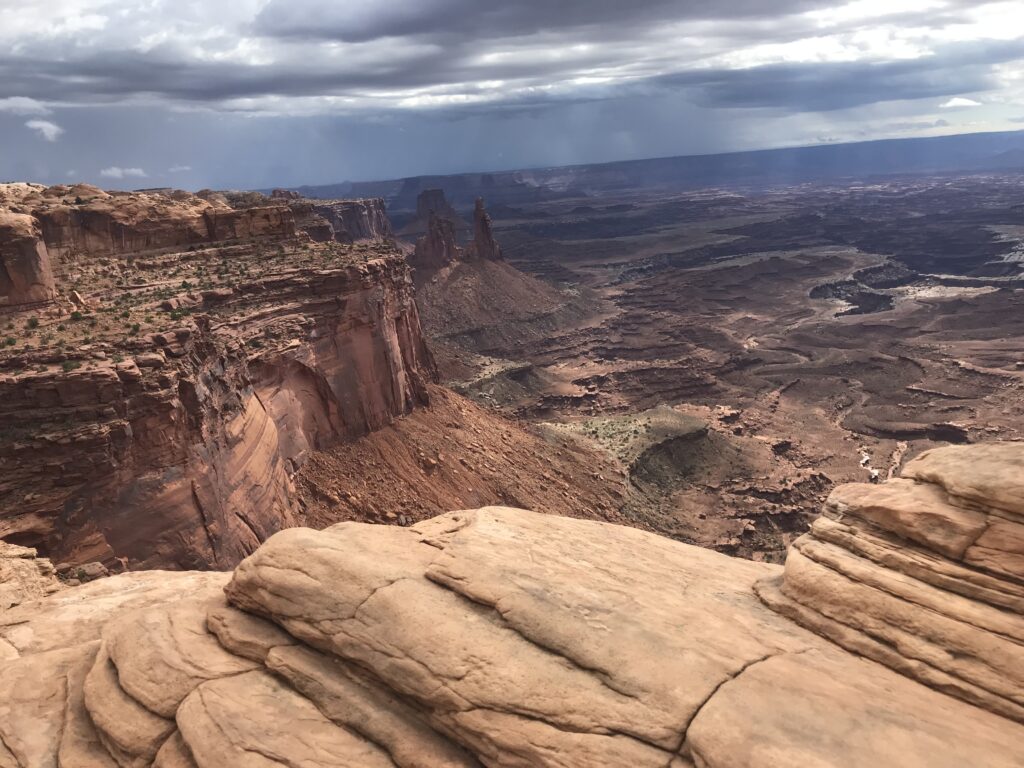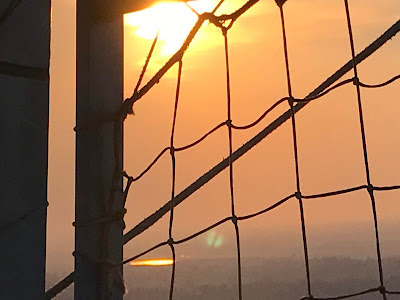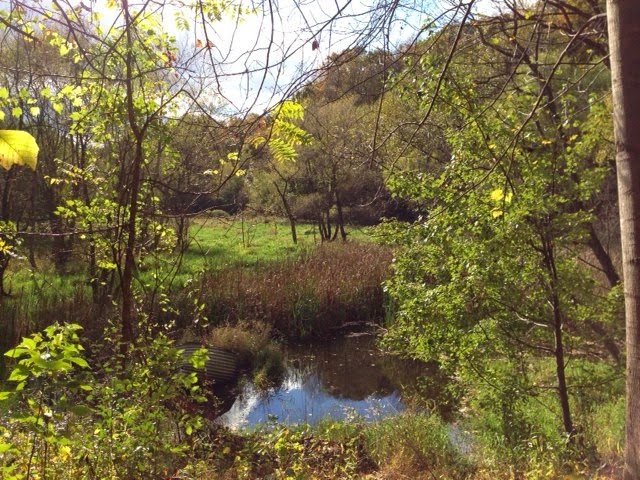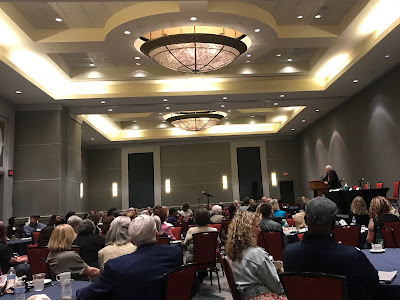‘Telling it Slant’

For my birthday, my daughter Claire gave me a subscription to Storyworth. This is a program that encourages you to tell your life story by sending you an email prompt every week. Mine arrives on Monday mornings.
Sometimes I set the prompt aside to answer later, but usually I respond right away. This may not be the most orthodox way to tell one’s life story, but maybe it’s the best way. Rather than sitting down to a blank page and an awesome responsibility, this is “telling it slant,” in the words of Emily Dickinson and one of my favorite books about writing. “To tell the truth, yes, but to become more than a mere transcriber of life’s factual experiences,” say authors Brenda Miller and Suzanne Paola.
My interpretation of “telling it slant” here also implies a slight off-handedness. I’ve long since learned the persuasiveness of the little editor on my shoulder; to subvert it is one of the reasons I started this blog. Sometimes the best way to avoid it is to dash something off, to meet a deadline. You can refine the piece later, but first just put some words on the page.
So, at least for now, that’s how I’m telling my life story.
